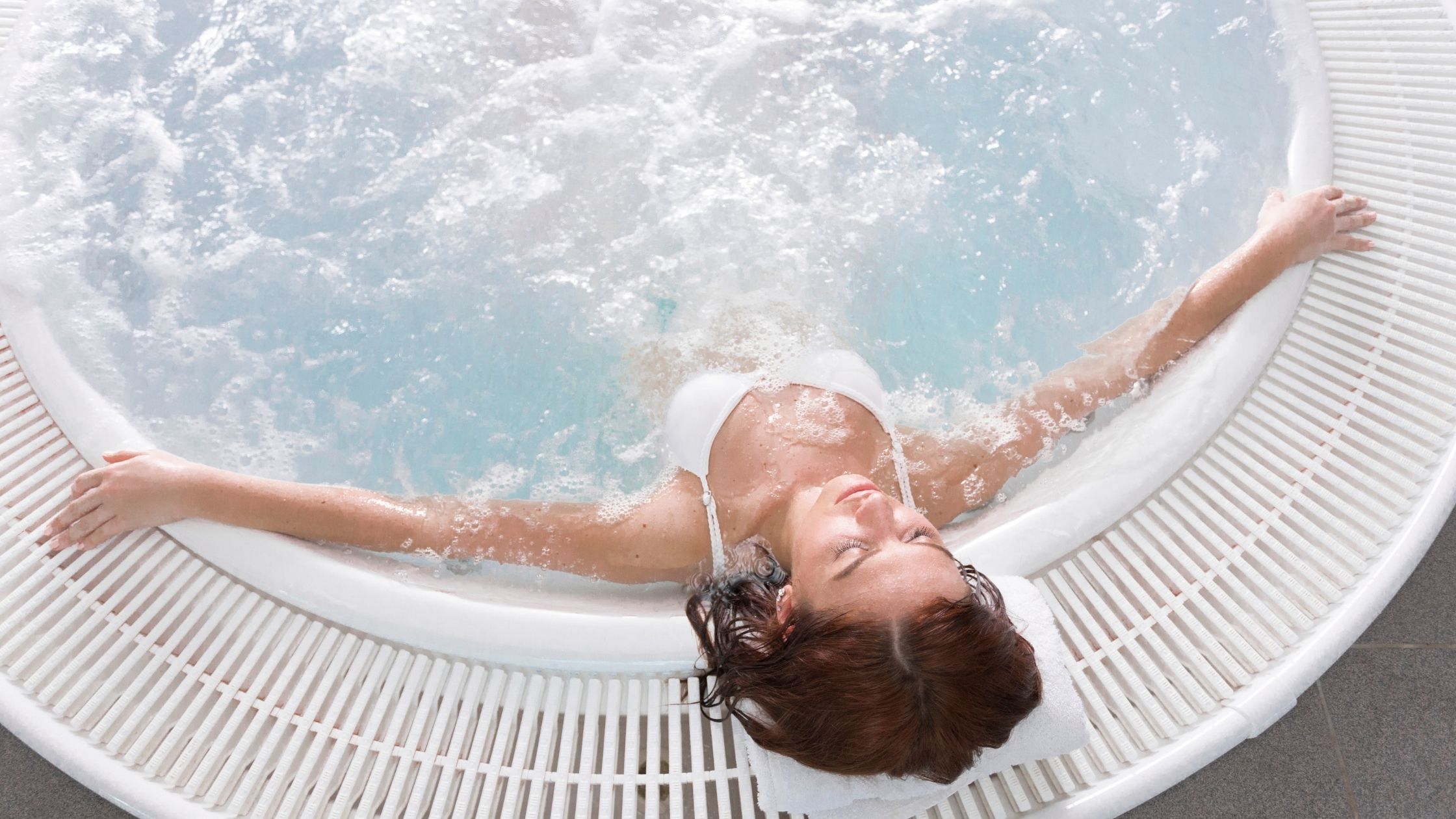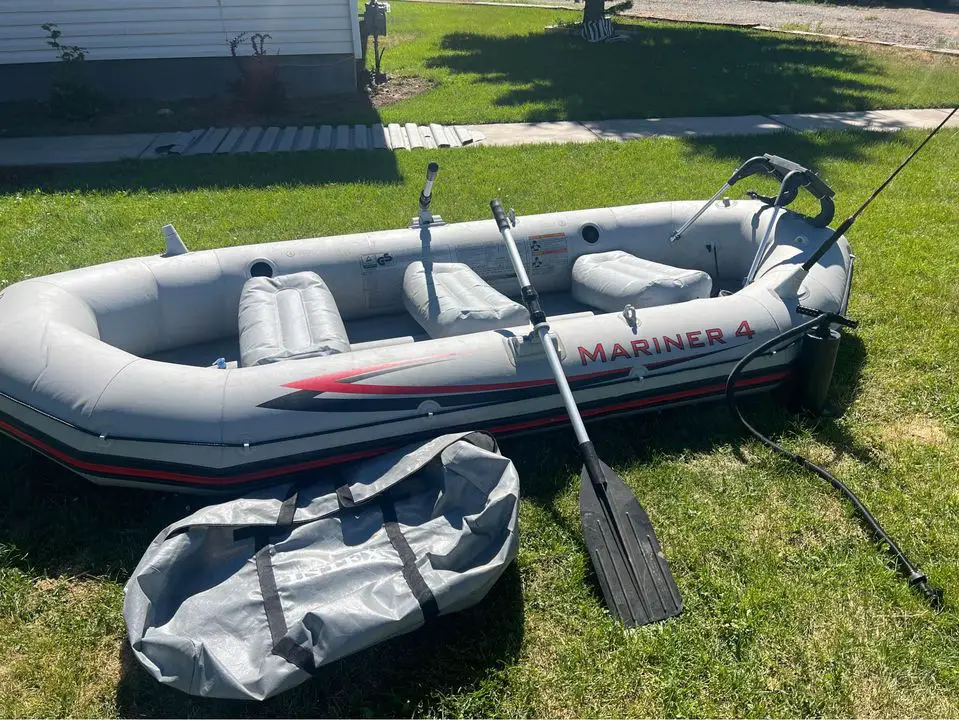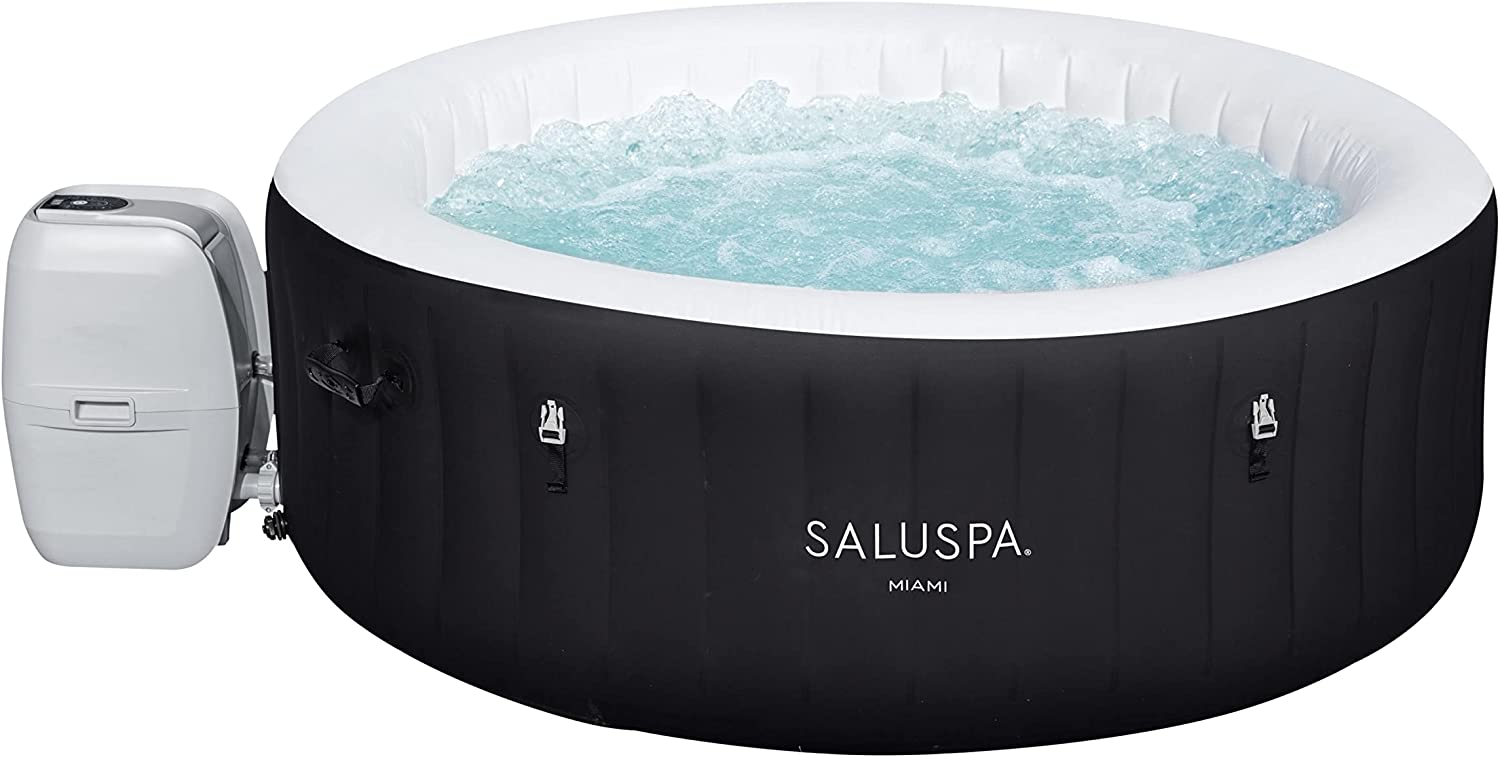Inflatable hot tubs have become increasingly popular for their convenience and cost-effectiveness. They offer a relaxing spa experience without the commitment of a permanent fixture. In this comprehensive guide, we’ll explore the advantages and disadvantages of inflatable hot tubs, providing a balanced view for those considering this enjoyable addition to their home or garden.
Pros of Inflatable Hot Tubs
1. Affordability
One of the most attractive features of inflatable hot tubs is their affordability. Compared to traditional hot tubs, they are significantly less expensive, making them accessible to a wider range of budgets.
2. Ease of Installation
Setting up an inflatable hot tub is straightforward and doesn’t require professional installation. You can easily do it yourself, saving both time and money.
3. Portability
Inflatable hot tubs are highly portable. You can move them between locations, perfect for renters or those who enjoy rearranging their outdoor space.
4. Flexibility in Location
Due to their portability and ease of installation, you can set up an inflatable hot tub in various locations, be it a garden, patio, or even indoors if space allows.
5. Space Efficiency
These hot tubs are ideal for smaller spaces. When not in use, they can be deflated and stored, freeing up space.
6. Variety of Sizes and Features
Inflatable hot tubs come in various sizes and with different features, such as jet streams or built-in seating, allowing customization to your preferences.
7. Comfort
The soft, cushioned walls and seating areas in inflatable hot tubs provide a comfortable and relaxing experience.
8. Energy Efficiency
Many models are designed with energy efficiency in mind, reducing the cost of heating the water.
9. Family and Social Fun
They provide an excellent way for families and friends to relax and spend quality time together in a comfortable setting.
10. Therapeutic Benefits
Like traditional hot tubs, inflatable models offer therapeutic benefits such as muscle relaxation and stress relief.
Cons of Inflatable Hot Tubs
Despite the many benefits, there are some drawbacks to consider before purchasing an inflatable hot tub:
1. Durability Concerns
Inflatable hot tubs may not be as durable as their hard-sided counterparts. They are susceptible to punctures and wear over time.
2. Lower Temperature Range
These hot tubs often have a lower maximum temperature compared to traditional hot tubs, which might be a downside for those who prefer hotter temperatures.
3. Longer Heating Time
It can take a considerable amount of time for an inflatable hot tub to reach the desired temperature, requiring planning ahead of use.
4. Maintenance Requirements
Regular cleaning and maintenance are essential to keep the water clean and the tub functioning properly.
5. Less Powerful Jets
The jet streams in inflatable hot tubs are often not as powerful as those in permanent hot tubs, which could be a drawback for those seeking a vigorous massage experience.
6. Aesthetic Limitations
While functional, inflatable hot tubs may lack the aesthetic appeal of built-in models and may not blend seamlessly with sophisticated landscaping or outdoor décor.
In conclusion, inflatable hot tubs offer a convenient, affordable, and flexible option for those seeking the relaxation and therapeutic benefits of a spa experience. However, it’s important to weigh these advantages against potential drawbacks like durability concerns and limited features. By considering your specific needs and preferences, you can make an informed decision about whether an inflatable hot tub is the right choice for you.



